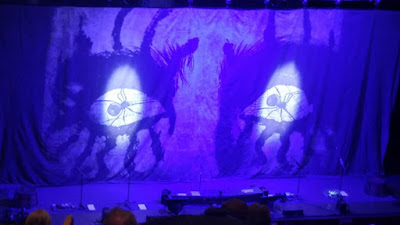“Thermodynamics is a funny subject. The first time you go through it, you don't understand it at all. The second time you go through it, you think you understand it, except for one or two small points. The third time you go through it, you know you don't understand it, but by that time you are so used to it, it doesn't bother you anymore.”
— Arnold Sommerfeld, when asked why he had never written a book on the subject (c.1950)
Thermodynamics is so one of the most misunderstood subjects I know of. and many many well educated do not even understand it’s basic. At the core is entropy.
Let’s look at a dictionary:
Entropy is a thermodynamic quantity representing the unavailability of a system's thermal energy for conversion into mechanical work, often interpreted as the degree of disorder or randomness in the system.
Remember that when we talk about disorder it’s not always what you might think at first, if you want to be confused on a higher level watch the video
Entropy is a measure randomness, and the second law of Thermodynamics actually says that the amount of disorder can only increase for a system.
That sounds a lot like my desk… *smiles* .
Entropy is closely connected to temperature which is the average energy of the particles in the system. You probably remember something about temperature is all about the molecules moving faster. Actually when I started to read about thermodynamics I realized that temperature was a lot harder to understand than entropy.
It actually takes work to bring order to disorder (the same with my desk). That actually sounds very reasonable, and it has fundamental consequences.
Entropy is why cool objects warms up and warm objects get cooler, It makes a car engine run (it’s not magic, it’s thermodynamic) where the heat from burning gasoline is converted to mechanical energy but at the same time heats up the surrounding air.
That’s why using electricity made from coal to heat the house is stupid. There are fundamental conversions where energy is lost.
Today I would like you to write a poem on entropy and the energy it takes to bring order to thing, talk about the waste of creating entropy (indeed it has a lot to do with climate change too). Write about heat and how it changes. Get warmed up to the thoughts and remember,
Entropy will always increase.









